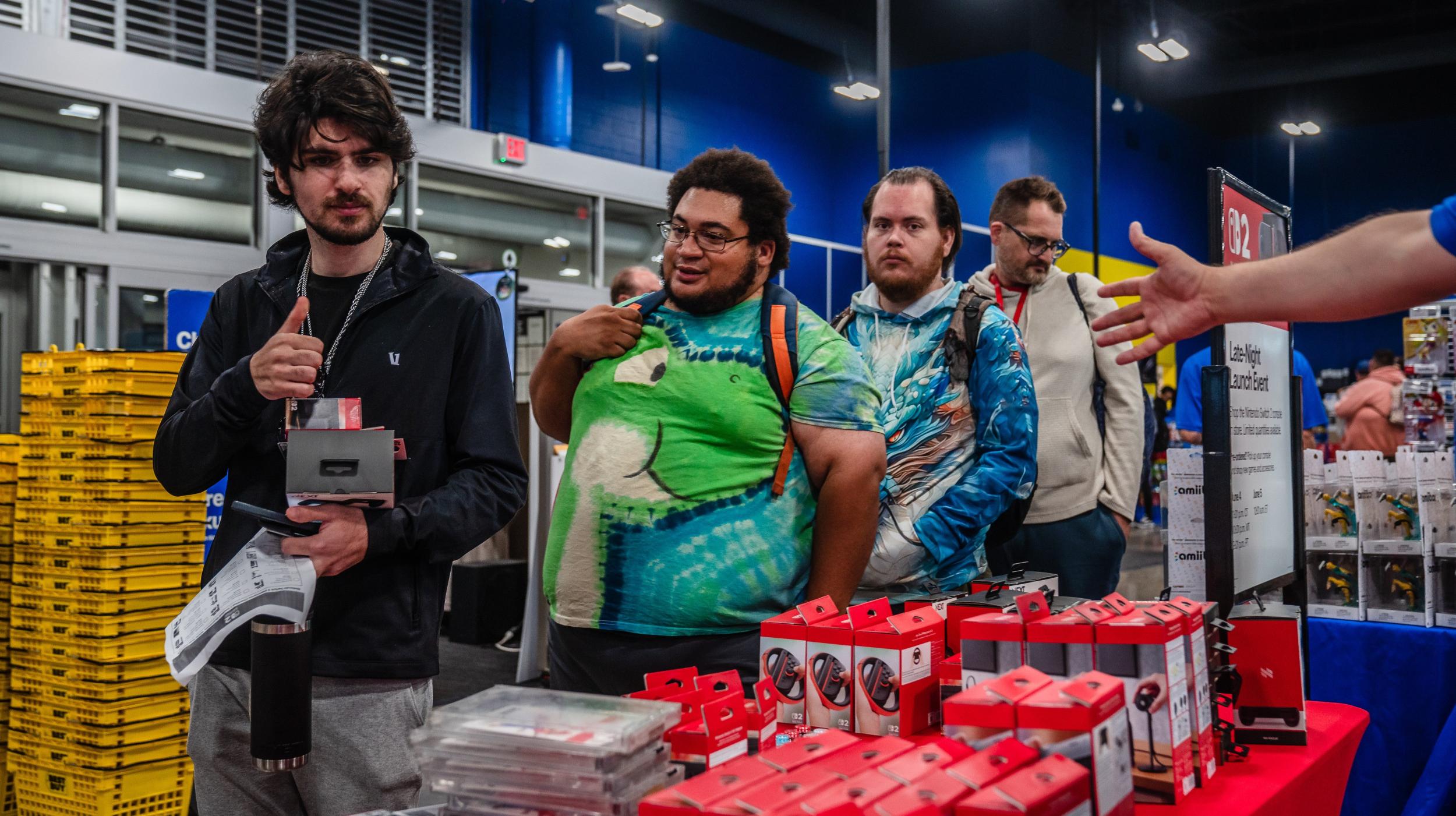Younger Americans are significantly reducing their video game spending, with a reported 25% decline this past year. This drop is attributed to broader economic issues, such as challenges in job markets and rising credit card delinquencies among the 18-29 age group. The analysis by market research firm Circana shows that, while overall spending has decreased by 13% for this demographic across various categories, the videogame sector has seen the steepest decline. Factors contributing to this trend include the rising costs of video games and related expenses, even with anticipated boosts from upcoming game releases like Grand Theft Auto 6 and the Nintendo Switch 2. Despite this downturn, engagement with free-to-play gaming remains high.
Why are younger Americans spending less on video games?The decline in video game spending among younger Americans can be linked to economic challenges, including tough job markets, rising student loan payments, and increased credit card delinquencies. These pressures have resulted in a shift toward more cautious spending, particularly among those aged 18-29.
The video game industry is currently facing a turbulent period, marked by significant job cuts. In 2025 alone, around 2,800 game developers have lost their jobs, following substantial layoffs in previous years. Major companies like Microsoft have announced extensive layoffs within their gaming divisions, despite a rise in player engagement and gaming hours. Upcoming titles such as Grand Theft Auto 6 are expected to influence spending patterns positively, but there’s growing concern about the long-term impacts of economic trends on the industry.








Comments
No comments yet. Be the first to comment!